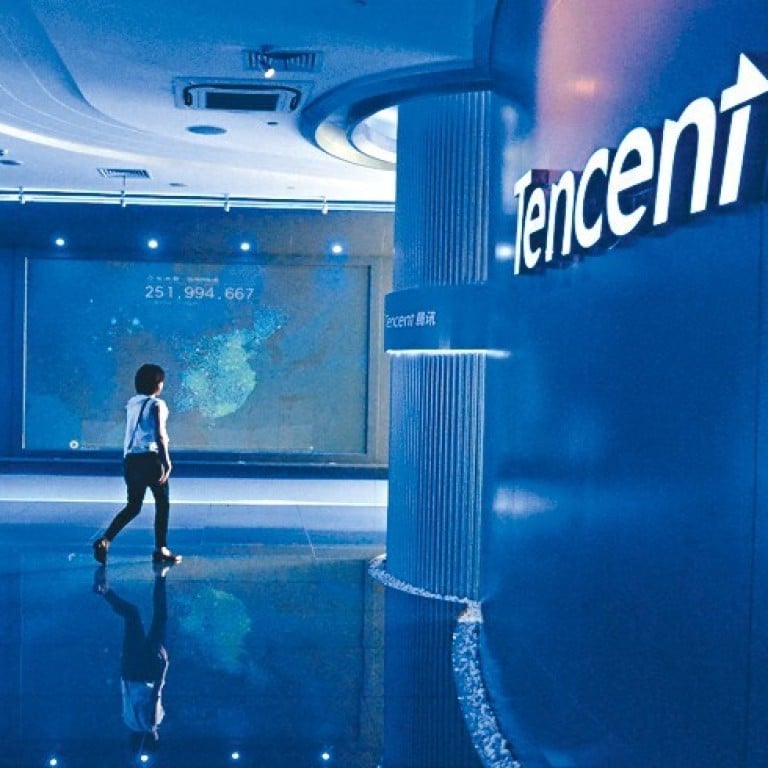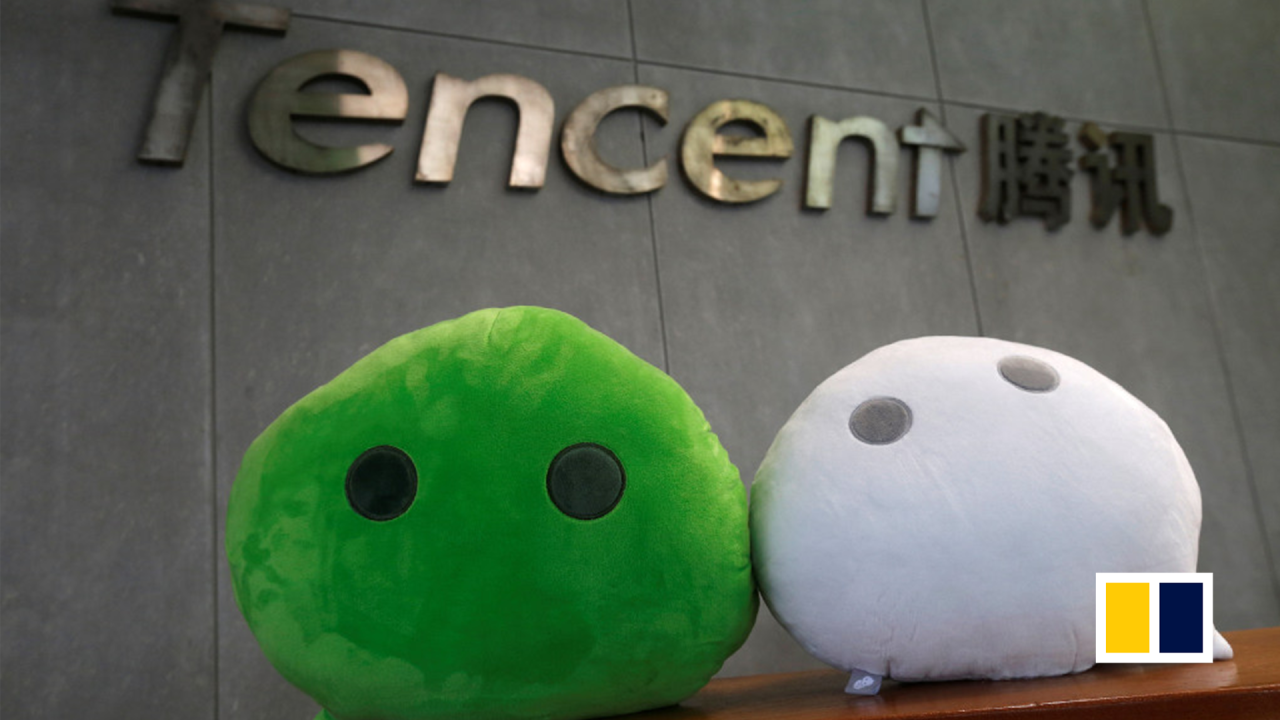Advertisement
Advertisement

Exclusive | Tencent said to sharpen focus on metaverse-like developments with advanced new gaming studio
- The Chinese internet giant’s advanced new gaming studio will be established under subsidiary TiMi Studio Group, sources said
- The careers page of Tencent’s website shows that the new studio currently has job vacancies for at least 46 different positions
Tencent Holdings, which runs the world’s largest video gaming business by revenue, plans to sharpen its focus on metaverse-like developments by assembling an international team for a new studio that will develop advanced games for the next stage of the internet, according to four people with knowledge of the matter.
The Shenzhen-based company recently sent out an internal letter to its employees around the world, indicating the establishment of a new “F1” studio under its subsidiary TiMi Studio Group that will involve employees across China, the United States, Canada and Singapore, according to the people, who declined to be identified because they are not authorised to speak to media.
A check by the South China Morning Post on the Tencent website’s careers page showed that the new F1 studio currently has job vacancies for at least 46 different positions.
TiMi Studios declined to comment on the F1 initiative. A representative for TiMi Studios said on Wednesday that the company is dedicated to the development of “AAA” games, but has no intention to discuss “trendy words”.

02:26
What makes Tencent such a tech goliath?
What makes Tencent such a tech goliath?
While Hong Kong-listed Tencent has largely avoided using the term metaverse by describing its future games as “AAA, open world”, a company employee who declined to be named said the new F1 studio – referring to “the future” for the internet giant – is essentially about the metaverse.
Although a broad term, metaverse has generally referred to shared virtual worlds that people access via the internet.
In September, Tencent filed to register nearly 100 metaverse-related trademarks, including “QQ Metaverse”, “QQ Music Metaverse” and “Kings Metaverse” – corresponding to the names of the company’s messaging app, music-streaming platform and marquee mobile game Honour of Kings .
China’s metaverse gold rush is on as investors pile in
China’s metaverse gold rush is on as investors pile in
On Zhihu, China’s Quora-like question-and-answer platform, a post by Mao Xingyun, Tencent’s lead graphics programmer, said that forming a virtual community like Oasis in Ready Player One – a 2018 science fiction film directed by Steven Spielberg and based on the Ernest Cline novel of the same name – is “the benchmark target for the TiMi F1 studio in the long term”.
The potential for Tencent’s latest initiative appears to be strong since F1 will form part of TiMi Studios. The Tencent subsidiary, which developed hit games Honour of Kings and Call of Duty: Mobile , generated revenue of US$10 billion last year.
Tencent’s push into this metaverse-like effort shows that China’s most valuable internet company continues to move forward, despite recent criticism of video games as “spiritual opium” and Beijing’s sweeping crackdown on Big Tech companies.
China’s internet industry to face deeper scrutiny in targeted campaign
China’s internet industry to face deeper scrutiny in targeted campaign
In September, China’s State Council released new guidelines for video gaming and live-streaming platform operators that impose limits on the time and money spent by minors on their services, which could translate to higher compliance costs for the country’s online entertainment giants such as Tencent and ByteDance.
Chinese regulators have also temporarily slowed their approvals of new online games in the country, as Beijing steps up measures to tackle gaming addiction among young people.
As Facebook and other US firms pursue metaverse-related initiatives, the concept of creating highly immersive virtual worlds has long been of interest in the internet industry.
Pony Ma Huateng, the founder, chairman and chief executive of Tencent, described in the company’s 2019 annual report this opportunity. “This is a leap from a quantitative change to a qualitative change,” Ma wrote. “It means that online and offline will become one. The physical and the digital will merge.”

1
